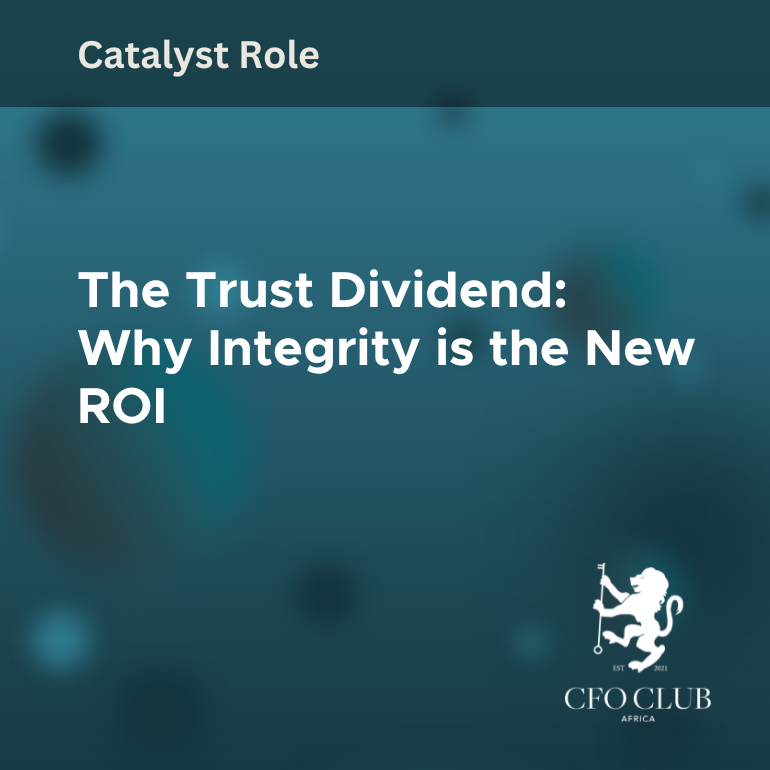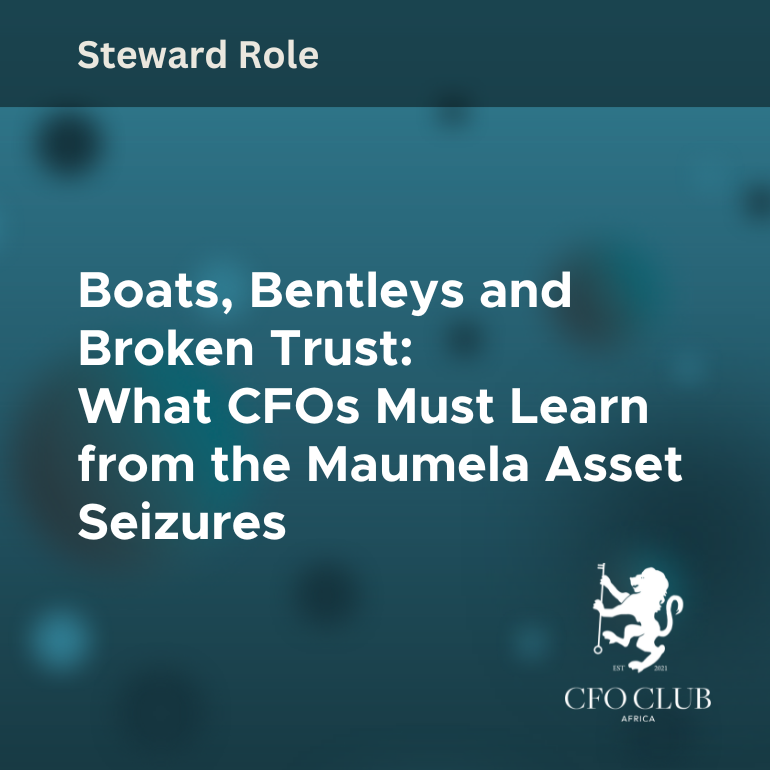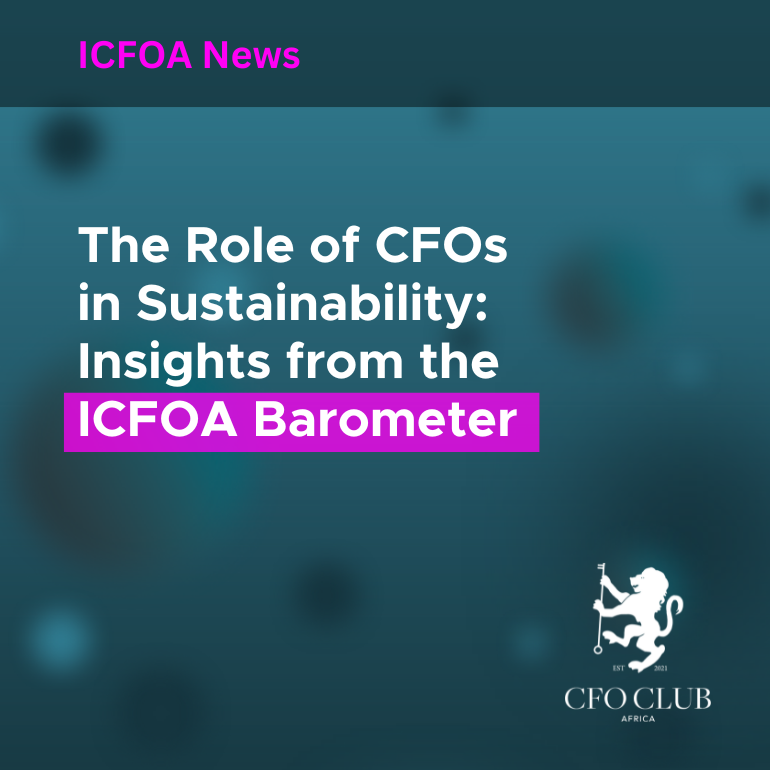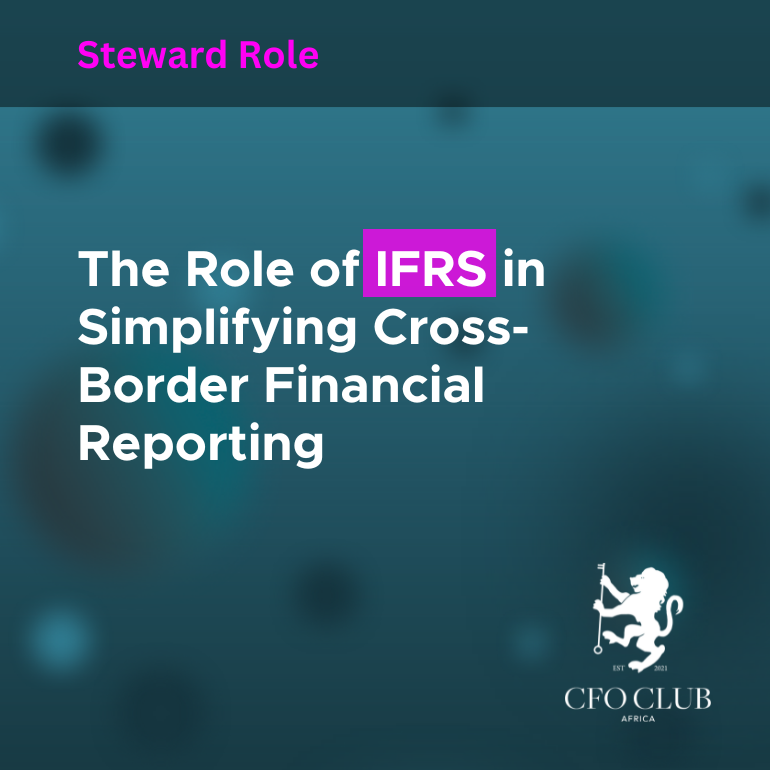The Trust Dividend: Why Integrity is the New ROI
Profit can be measured in numbers. Trust cannot. Yet in today’s economy, the organisations that earn the most trust are also the ones that achieve the most sustainable growth. Investors, clients, and employees are all asking the same question: can I depend on this business to do what it says it will do?
For financial leaders, the answer to that question has become a new form of return on investment. It is the trust dividend, and it directly influences performance, valuation, and long-term success.
Trust Is Now a Market Force
Trust is no longer a soft concept hidden in corporate values. It has become a measurable economic factor.
When investors allocate capital, they look beyond the balance sheet. They study governance, transparency, and the quality of leadership. When banks set interest rates, they give better terms to companies that operate reliably and with integrity. When customers choose suppliers, they select partners who deliver what they promise.
Every act of honesty adds to an organisation’s value. Every ethical failure erodes it. In a competitive market, integrity has become a financial asset.
Integrity as Strategy
In an uncertain environment, stability attracts capital. Ethical consistency provides that stability. It reassures investors that the company’s numbers reflect reality, not manipulation. Integrity, therefore, is not a compliance burden but a strategy that strengthens competitiveness.
CFOs who design transparent systems, enforce ethical procurement, and promote accurate reporting build credibility that cannot be manufactured through marketing. Their organisations gain easier access to funding, fewer legal disputes, and higher investor confidence.
Integrity shapes perception, and perception drives value. Companies known for honesty are seen as safer, smarter, and more sustainable. In modern business, that reputation is worth more than any short-term gain.
How the Trust Dividend Works
The trust dividend is the return earned by doing the right thing, consistently and visibly. It works quietly in every area of an organisation.
- Access to capital: Banks and investors trust strong governance and reward it with better terms.
- Operational efficiency: Teams that operate in a culture of honesty spend less time managing internal politics or covering mistakes.
- Customer loyalty: Clients stay with suppliers who honour their commitments.
- Talent attraction: People want to work where integrity is valued and visible.
- Reputation premium: Trusted businesses enjoy lower volatility and better valuations.
Just like compound interest, trust grows through repetition. Every small act of integrity adds up to long-term advantage.
Transparency Builds Strength
Transparency is the foundation of trust. It means telling the truth before someone asks for it. It means open reporting, honest communication, and accountability for every decision.
When CFOs lead with transparency, they take control of the story. Investors and boards value leaders who speak plainly about risks and performance, even when results disappoint. Openness signals maturity and professionalism.
A transparent organisation gains confidence from all directions. Regulators view it as cooperative, investors see it as reliable, and employees respect leadership that refuses to hide behind polished reports. Transparency turns ethics into measurable value.
Creating a Culture of Credibility
Ethics is not built through posters or policies. It is built through daily decisions. It starts when employees raise concerns instead of ignoring them, when managers choose fairness over favour, and when leaders act with consistency regardless of the audience.
CFOs can make integrity part of the organisation’s DNA by connecting it to performance. Ethical behaviour should be measured, rewarded, and discussed as openly as financial targets.
Practical steps include setting clear accountability structures, conducting internal reviews that look at behaviour as well as compliance, and ensuring that whistleblowing mechanisms are safe and functional. A culture of credibility reduces risk because everyone understands the standard and lives by it.
Technology and Integrity
Technology has become the silent partner of ethical leadership. Modern finance systems can expose inconsistencies, detect anomalies, and prevent misconduct before it escalates.
Automation reduces human bias in approvals. Artificial intelligence can identify unusual transaction patterns. Blockchain can record transactions in ways that cannot be altered. Each of these tools strengthens integrity by providing evidence that actions match words.
CFOs who use technology for transparency gain both efficiency and assurance. They build confidence not only inside the company but also among regulators, auditors, and investors who can see that controls work in real time.
Courage as the Hidden Currency
Integrity always requires courage. It takes courage to stop a deal that looks profitable but crosses a line. It takes courage to disclose a mistake instead of hiding it. It takes courage to stand by principles when pressure mounts to compromise.
For CFOs, courage is part of the job. Financial leadership carries moral authority as well as technical skill. When CFOs hold the line, they set the tone for the entire organisation. Courage builds trust, and trust builds loyalty.
Courage also involves humility. Admitting when the business has fallen short earns more respect than pretending everything is fine. People believe leaders who are honest about challenges because honesty suggests control, not weakness.
Why Integrity Pays
Integrity produces results that compound. It stabilises operations during crises and strengthens reputation during recovery. Investors and stakeholders prefer companies that consistently act with honesty because it reduces uncertainty.
The trust dividend may not appear on a financial statement, but it influences every metric on it. It lowers borrowing costs, improves cash flow, and attracts investors who think long term. It protects value when market conditions deteriorate and accelerates growth when confidence returns.
The CFO who sees integrity as an investment rather than a cost understands that ethical leadership is the ultimate business advantage. Profit may measure performance, but trust determines endurance.
Integrity is the new ROI because it secures everything else that matters. It converts governance into growth, transparency into stability, and reputation into opportunity. The organisations that invest in trust today will lead the markets of tomorrow.





